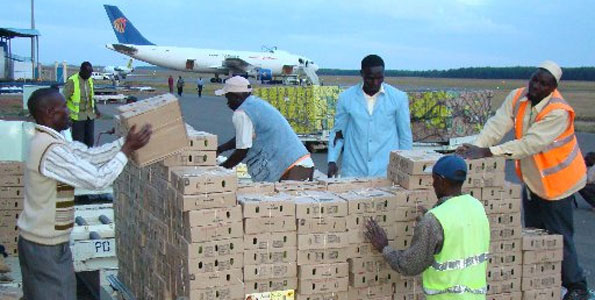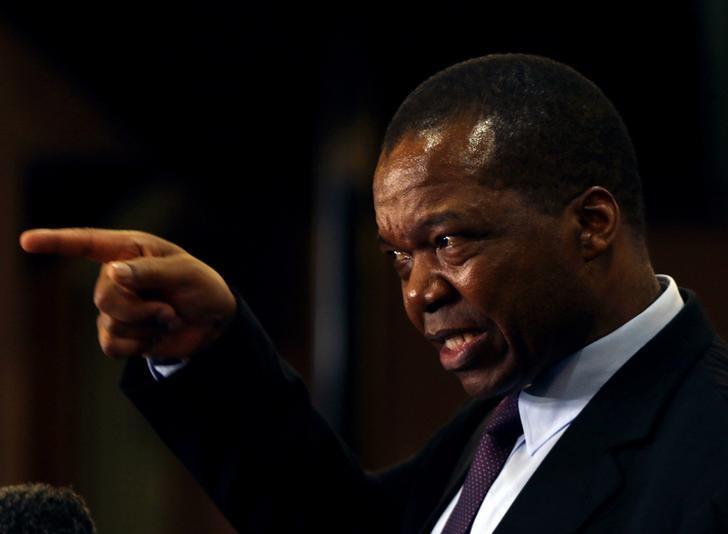Zim plans revolving facilities
Zimbabwe will create revolving loan facilities supported by part of the International Monetary Fund’s US$961 million special drawing rights (SDRs) to support key productive sectors including mining, agriculture, and manufacturing, Finance and Economic Development Minister Professor Mthuli Ncube said on Thursday evening.
Without disclosing how much each sector would be allocated, Prof Ncube said a “sizeable amount” will be allocated to support horticulture, irrigation, critical value chains in the manufacturing industry as well as small-scale gold miners.
“We are not going to give cash,” Minister Ncube said during the Zimpapers Television Network programme, the Mint.
“We will give cash
guarantees to local banks sitting on the US dollar or foreign bank (and) a credit line (can) be structured,” he added.
A revolving loan facility is a form of credit issued by a financial institution that provides the borrower with the ability to draw down or withdraw, repay, and withdraw again.
It is considered a flexible financing tool due to its repayment and re-borrowing accommodations. Professor Ncube said revolving facilities will help unlock credit to the private sector.
He said it was critical to invest in agriculture “to climate-proof our farmers” and to equip small-scale miners with machinery so that they can produce more.
Small scale miners account for about 60 percent of Zimbabwe’s gold output but lack necessary equipment to maximise production. In the manufacturing sector, the revolving facility “will target areas where we fill in the gaps in the value chains.”
Investments in infrastructure will target projects to eradicate poverty such as roads, Minister Ncube explained.
The money received from the IMF is part of US$650 billion it is distributing to its members to provide additional liquidity for the global economy, supplementing member countries’ foreign exchange reserves and reducing their reliance on more expensive domestic or external debt.
SDRs are reserve assets issued by the IMF, backed by dollars, euros, yen, sterling, and yuan. In a joint statement this week, Minister Ncube and the Reserve Bank of Zimbabwe governor Dr John Mangudya said “the immediate effect of this support from the IMF is to increase the foreign exchange reserves position of the country by US$961 million,” adding it” will go a long way in buttressing the stability of the domestic economy.”-ebusinessweekly.cl.zw









